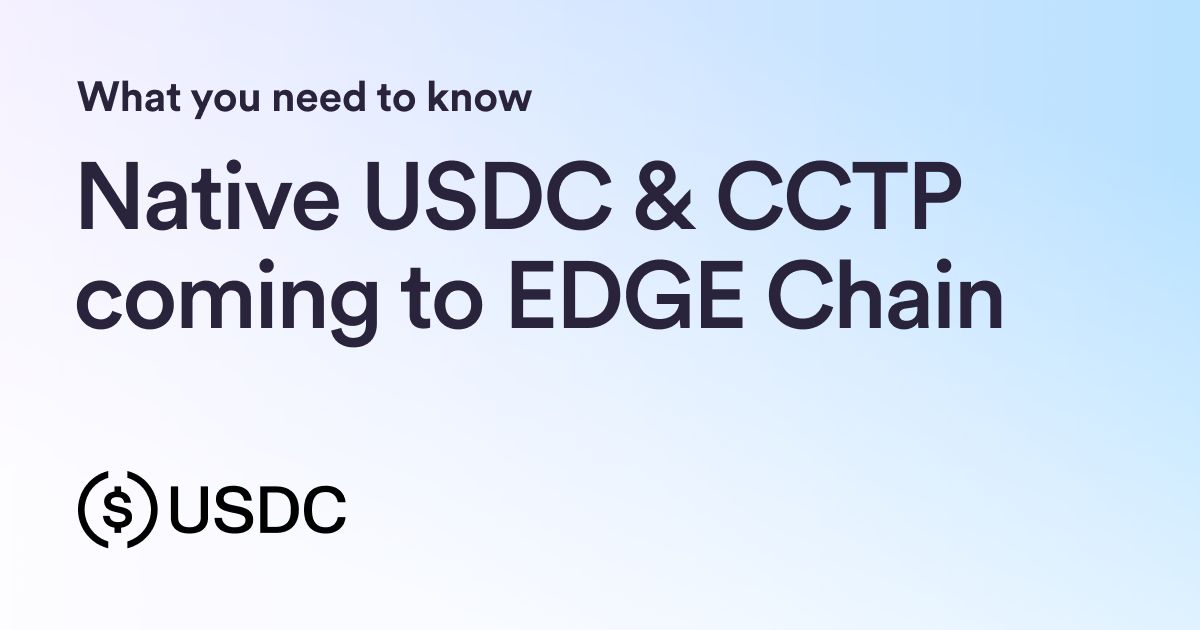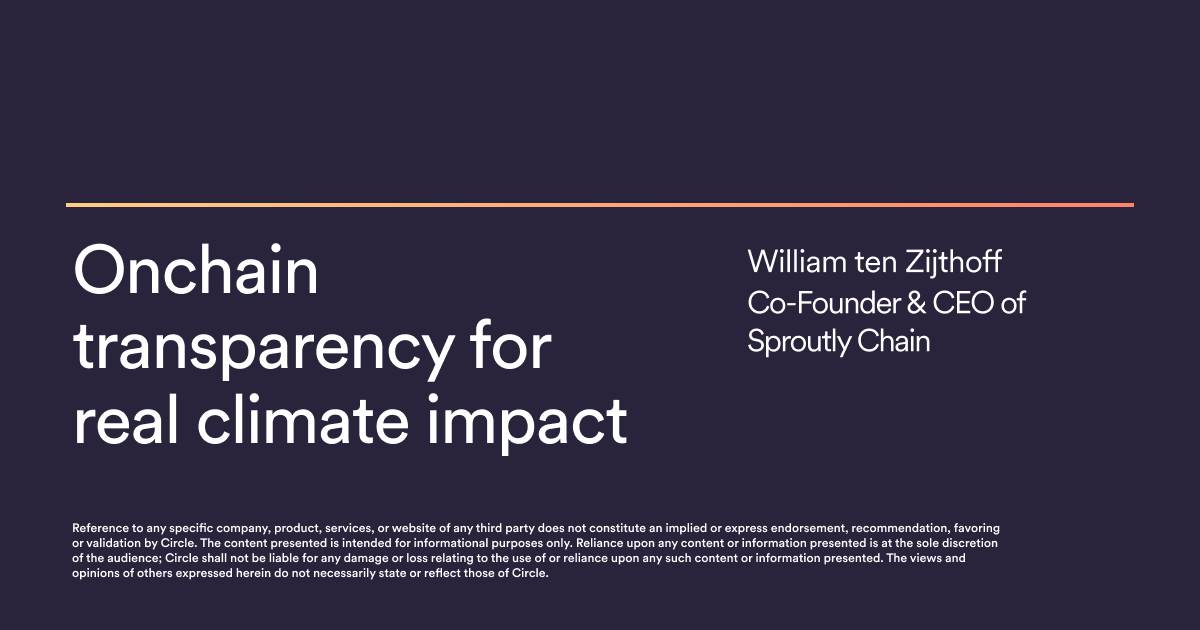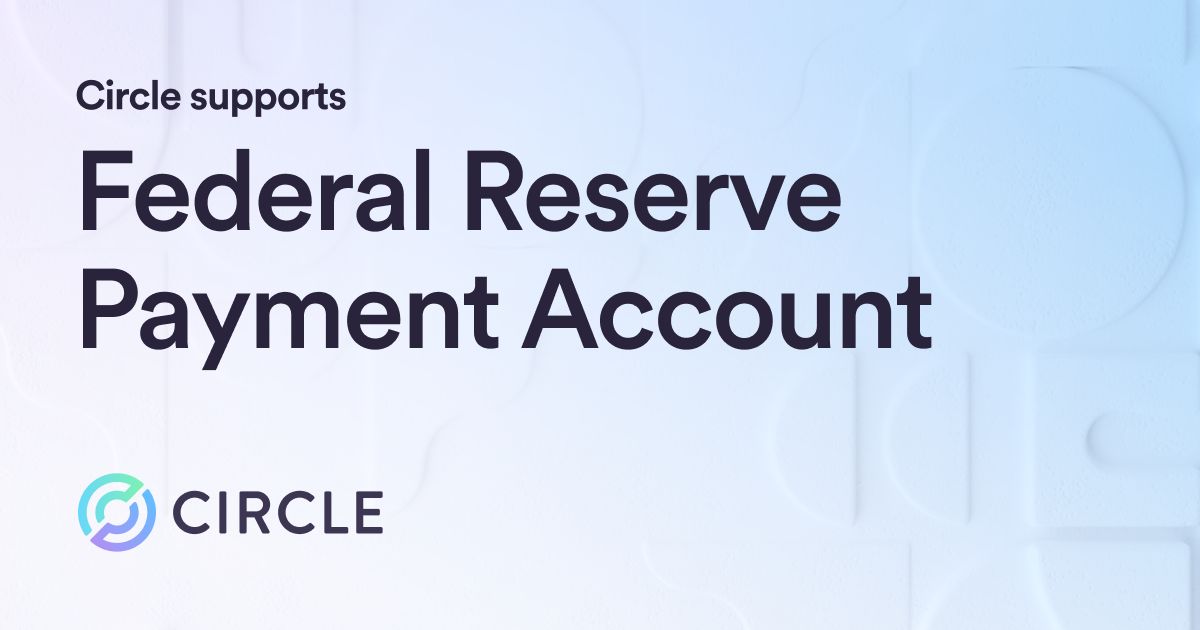Circle now supports local bank transfers via PIX and SPEI, the national real-time payment systems in Brazil and Mexico, respectively. Learn more.

Fiat transfers through real-time payment systems accelerate access to digital dollars.
Since Circle’s founding more than a decade ago, it’s been our mission to harness the power of blockchain networks to eliminate deeply embedded friction from value-exchange. Traditional payment flows intermediated by third parties on closed systems are costly, slow and opaque, whether transactions occur in-person at the point of sale with a local merchant or between sophisticated counterparties across borders.
Over the last year, Circle has taken concrete steps to make USDC faster, cheaper and easier to get in global markets where demand is highest. USDC is now available in Brazil and Mexico through national, real-time payment systems – marking a major milestone – through integrations with leading banks in these countries.
This means businesses can now access USDC – the world’s largest regulated* digital dollar – directly from local financial institutions in two G20 economies without needing to wire funds to a bank overseas. They can use USDC for their own corporate purposes and offer it as an option to their own retail customers.
What it means for businesses in Brazil and Mexico
Circle now supports local bank transfers via PIX and SPEI, the national real-time payment systems in Brazil and Mexico, respectively. Eliminating international wires can drastically reduce the time it takes to access USDC – from days to just minutes, releasing capital trapped in the lengthy settlement processes.
Circle offers access to USDC directly from Brazilian Reais (BRL) and Mexican Pesos (MXN) at competitive rates, thereby avoiding the necessity of having to convert local fiat currency to USD before accessing USDC. This allows businesses to save on cost and benefit from the use of digital dollars in their operations.
Faster and cheaper local availability and incorporation into central bank payment systems makes USDC even more attractive for businesses with operations in Latin America, where cross-border flows are heavily dollar-denominated. Mexico is among the largest trading partners of the United States, with the countries exchanging more than $800 billion in annual goods and services trade.1 In Brazil, 95% of the country’s $640 billion in annual foreign trade in goods takes place in dollars,2 with direct trade between the US and Brazil totaling approximately $120 billion per year.3
Additionally, the US-to-Mexico corridor comprises the world’s largest remittance flows, topping $63 billion in 2023, up 7% since 2022 and accounting for up to 4% of Mexican GDP.4 Stablecoins are typically much more cost-effective than traditional remittances, which cost an average of 6.35% of the face value.5
Fueling the convergence of blockchain and traditional finance
This enhanced local USDC access builds off of strong digital currency usage in the region and a growing interest among traditional financial institutions in exploring the benefits of blockchain. Over time, we anticipate additional integrations with local banks and payment systems around the world as more people and businesses understand and embrace the benefits of internet settlement.
3 https://ustr.gov/countries-regions/americas/brazil
5 https://remittanceprices.worldbank.org/
* Circle, through its regulated subsidiaries, issues USDC. A list of Circle’s regulatory authorizations can be found here.




